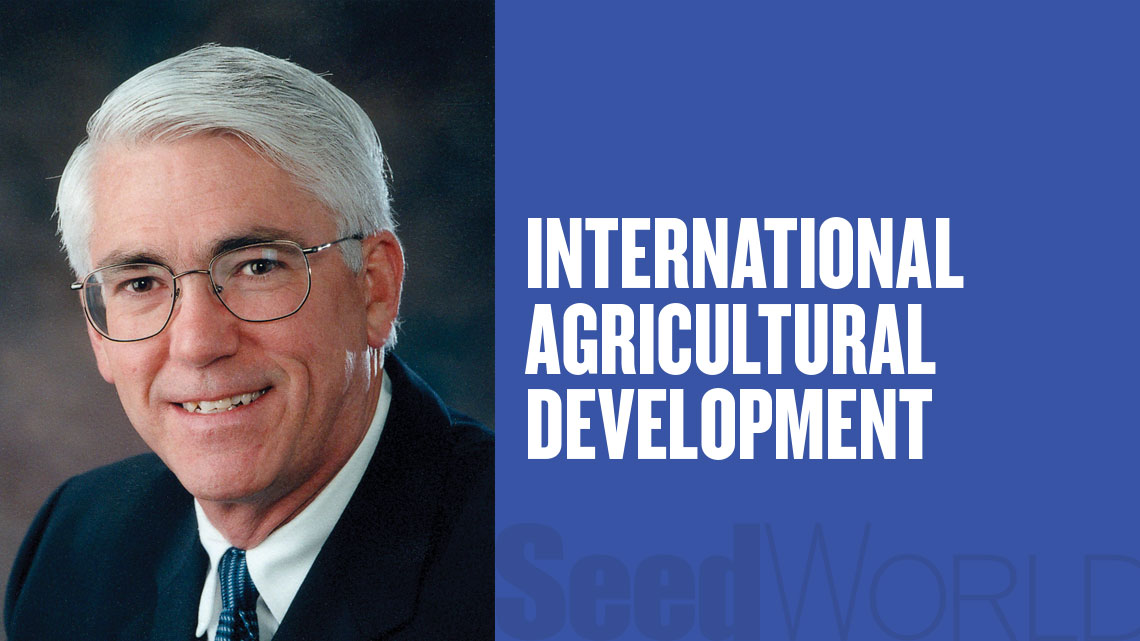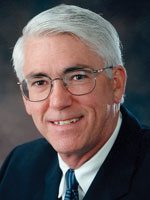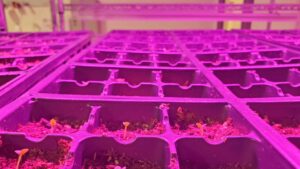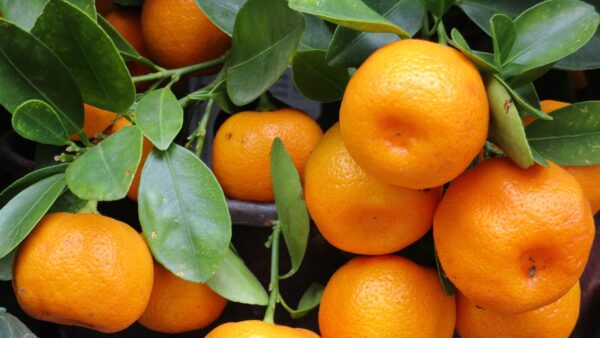Joint initiatives between industry and academia have revitalized plant breeder training and preparatory programs, and initial efforts are beginning to pay off. Greater numbers of talented young men and women are entering the seed industry as highly-trained and well-prepared plant breeders. Their lifetime contributions to the seed industry and society will positively affect many regions around the globe in a cumulative manner. This will be evidenced individually and collectively during the next 30 to 40 years.
is dedicated to delivering solutions and empowering people and organizations to solve complex problems related to international agricultural development and global food security. His career experience and international credentials include extension education, agronomy and administration.
Where has this new crop of plant breeders come from? Where will they work? How might they contribute to international development? Four graduates from the Illinois Plant Breeding Center help tell the story.
After earning his Ph.D., Xiaochun Sun accepted a position with Dow AgroSciences as a quantitative geneticist and provides support to breeders globally. Mauricio Teresawa, a Brazilian, obtained a master’s in soybean breeding in 2012. His family-owned seed company, Semila Genetica E Melhoramento LTDA, was purchased by KWS. Teresawa returned to Brazil to work in the seed industry. After graduating in 2013, Wesley Barber, a U.S. native, moved to Brazil to work as a corn breeder for DuPont Pioneer. Additionally, Sarah Potts first earned a master’s in apple breeding and then her Ph.D. in maize genetics in 2014. Today, she works for Dow AgroSciences as a corn breeder in Minnesota.
The Illinois Plant Breeding Center was established in 2008 to help meet industry demand for well-trained plant breeders. During the 2012/13 academic year, the program boasted 67 graduate students, making it one of the largest educational institutions for plant breeders in the United States. During that year, 45 percent of students were international and nearly 40 percent were women. The average GPA of incoming students exceeded 3.6.
The Illinois Plant Breeding Center was enabled through partnerships with seed companies, including Monsanto, DuPont Pioneer and Dow AgroSciences, as well as individuals that generously contributed funding for student fellowships and scholarships.
Building upon successes realized by the Illinois Plant Breeding Center, former director and program founder Rita Mumm works to enhance global plant breeder capacity. Mumm, a University of Illinois Emerita associate professor of quantitative genetics and plant breeding, serves as education and training lead for the USAID Soybean Innovation Laboratory.
In that role, she leads a collaborative effort with the University of Ghana to establish a master’s degree program in plant breeding at the West African Centre for Crop Improvement. Establishment of the master’s program will enable a complete pathway from bachelor’s to master’s to doctorate at the University of Ghana. The doctorate program was established through a similar collaboration with Cornell University.
A high caliber plant breeding program in Ghana will provide a practical opportunity to aspiring doctorate-level plant breeders from Africa. Fewer might feel the need to seek education on far away continents. This option will likely be more convenient and less costly, thus attracting more students into the future ranks of trained plant breeders. Might students recruited from and trained in Africa also be better suited to address Africa-specific issues compared to those having less contextual knowledge of African agriculture?
But Mumm says that the establishment and operation of quality academic programs is not enough. The rapid pace of new and evolving technologies bombard practitioners and pose challenges to plant breeders as they strive to keep abreast of technology to remain relevant in their fields and of value to their employers. In more developed regions of the world, plant breeders generally have access to continuing education opportunities but this is not necessarily the case for persons working in the less developed regions, such as Africa.
To this end, Mumm serves as director of The African Plant Breeding Academy, a continuing education program targeting master’s and doctorate scientists across Africa, which is an initiative of the African Orphan Crop Consortium and largely funded by MARS, Inc. The curriculum is designed to sharpen skills of plant breeders across the African continent on the use of new technologies and current approaches to improve plant genetic gains and efficiencies leading to increased food security and to promote innovative research of African orphan crops.
Through these combined efforts, more aspiring plant breeders have the opportunity to contribute to achieving global food security and serve mankind.














